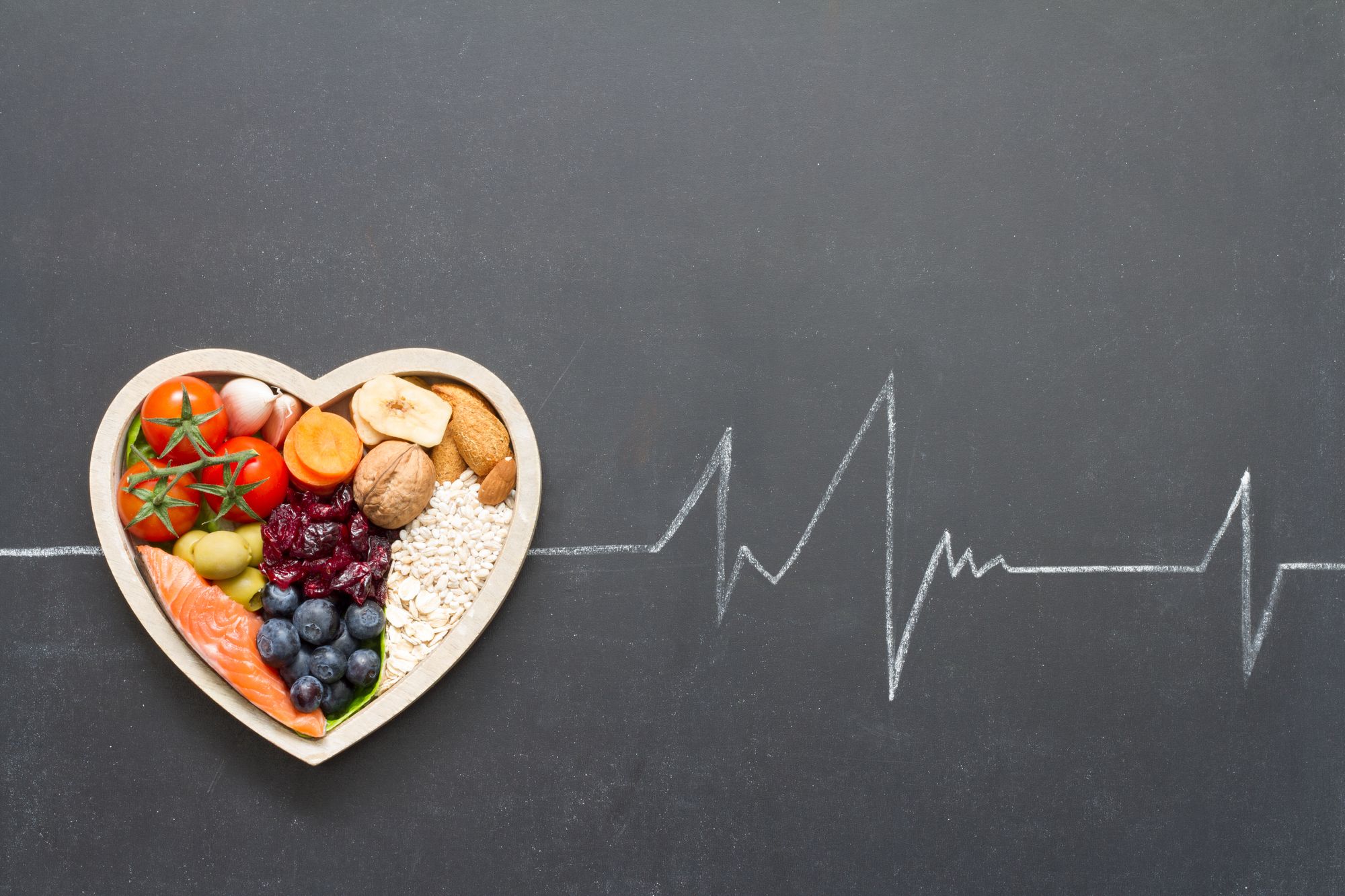Your 30s can be a remarkable phase of personal growth. With a greater sense of stability, confidence, and self-assurance compared to your 20s, it's crucial to prioritize your well-being. While significant changes in your body often occur in your 40s, 50s, and 60s, your 30s provide an ideal opportunity to establish healthy habits and embrace self-care, starting with a nutritious and balanced diet. However, it's important to be aware that certain eating habits, if not managed carefully, can potentially have detrimental effects on your body during this crucial decade.
Understanding the Transformations Your Body Undergoes in Your 30s

It's undeniable that your body undergoes noticeable changes as you enter your 30s, distinguishing it from your youthful days in your 20s. While there's a widespread belief that metabolism slows down during this period, it's important to dispel this myth. In reality, significant metabolic decline typically occurs later, around the age of 60. Nonetheless, your body and health naturally undergo various transformations throughout your 30s. The National Institute of Health highlights some common changes you may encounter during this decade:
- Bone Health: Beyond the age of 30, your bones gradually lose minerals and density, necessitating attention to maintain their strength.
- Muscle Tissue: Over time, your body experiences a gradual decline in lean muscle tissue, a process that commences after turning 30. Incorporating regular exercise and strength training can help mitigate this loss.
- Body Fat: Age-related changes lead to an increase in body fat, particularly in the abdominal region. It's important to maintain a healthy weight and engage in physical activity to manage body fat accumulation.
Additionally, recent research suggests a connection between high blood pressure in your 30s and compromised brain health in later adulthood. A study published in JAMA revealed that individuals with hypertension between the ages of 30 and 40 had lower brain volume and white matter in their later years, potentially increasing the risk of dementia and other neurodegenerative conditions. This emphasizes the significance of maintaining heart health during this decade, as it can have long-term implications for overall health.
Furthermore, it's crucial for women entering their 30s to consider perimenopause, which marks the transition into menopause.
Lauren Manaker, MS, RDN, advises taking a proactive approach to support bone health, heart health, and other factors affected by the natural decline in estrogen during perimenopause. Neglecting these aspects can lead to unpleasant side effects later on.
While it may seem premature to prepare for events that typically occur in the 40s and 50s, establishing healthy habits during your 30s is key to ensuring your body and health are well-equipped for the future.
Manaker stresses the importance of consuming foods that promote heart health and bone health, among other essential factors, during your 30s. This proactive approach will facilitate a smoother transition into perimenopause and subsequent stages of life, characterized by strong bones, a healthy heart, and a weight within the healthy range, rather than being considered obese.
By nurturing your overall well-being now, you lay a solid foundation for a healthier future.
Understanding the Impact of Your Eating Habits on Your Health After 30

As you enter your 30s, it's crucial to consider various essential health factors, such as the loss of bone density and muscle tissue, changes in body fat composition, and the significance of maintaining a healthy heart. Among these areas of focus, your diet plays a vital role.
To begin with, ensuring that your daily diet provides an adequate amount of nutrients is crucial for sustaining the health of your bones and muscles as they age. Additionally, incorporating sufficient fiber and healthy fats into your diet can promote a healthy heart. Moreover, paying attention to your consumption of sugar and alcohol can have a significant impact on managing body fat levels during your 30s.
Continue reading to gain insights into the eating habits that dietitians warn can have detrimental effects on your body and health during this pivotal decade.
The Impact of Eating Habits on Your Body in Your 30s
1) Insufficient Calcium and Vitamin D Intake:

With age, your bones start losing density. To slow down this process and maintain strong bones, it is crucial to ensure you are getting enough bone-supporting nutrients like calcium and vitamin D. Calcium promotes bone strength and development, while vitamin D offers similar benefits and helps protect against fractures and inflammation. Including calcium-rich foods such as dairy products, leafy greens, and fortified meals, along with adequate sun exposure or vitamin D supplements, is essential, according to Katherine Gomez, RD, and registered dietitian.
2) Neglecting Heart and Gut-Healthy Foods:

Taking care of your heart health is essential at any age, including your 30s. Incorporating heart-healthy nutrients into your diet is vital. Foods like whole grains, healthy fats, fruits, vegetables, and oily, coldwater fish can support heart health. It is also crucial to focus on dietary fiber, as it can help lower cholesterol, manage blood pressure, reduce inflammation, and promote gut health. Consuming prebiotic-rich plant-based foods like kiwi, Jerusalem artichokes, roasted and cooled potatoes, oats, less ripe bananas, legumes, and nuts can boost your prebiotic fiber intake and support your overall health, advises Kara Landau, RD, a nutrition advisor.
3) Excessive Sugar Consumption:

Monitoring your sugar intake is crucial for managing weight and blood sugar levels, particularly due to the extra fat stored in the body during your 30s. Consuming high-glycemic index carbohydrates can lead to blood sugar spikes and excess insulin production, which can contribute to fat storage. Opting for lower-glycemic index carbohydrates, such as brown rice, steel-cut oats, leafy greens, and whole-grain bread, can help regulate blood sugar levels and improve insulin sensitivity, thus supporting weight management.
4) Excessive Alcohol Consumption:

While moderate alcohol consumption is acceptable, excessive drinking can have adverse effects on your health. Binge drinking, defined as consuming more than four drinks for women or more than five drinks for men, has been associated with weight gain, cardiovascular disease, and other metabolic disorders. It is advisable to avoid excessive alcohol consumption as you transition into your 30s.
5) Inadequate Protein Intake:

Muscle tissue starts to change in your 30s, making it crucial to consume protein-rich foods to support muscle maintenance. Protein is essential for maintaining muscle mass and a healthy metabolism. Incorporating protein sources such as Greek yogurt, legumes, lentils, eggs, cottage cheese, tofu, fish, lean meats, and poultry into your meals can help ensure sufficient protein intake, satiety, and muscle preservation during this decade.

